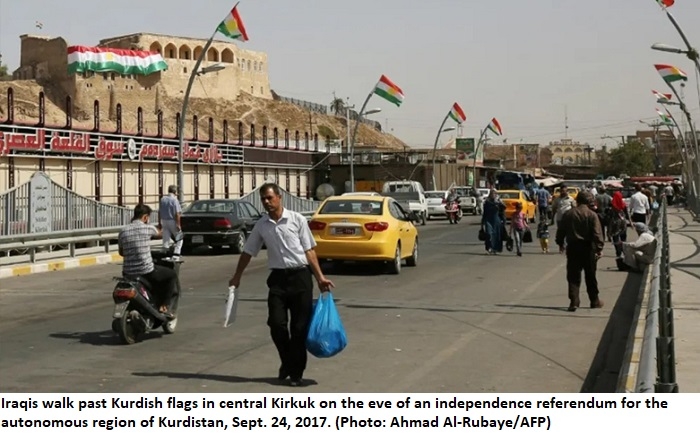International Companies to Oversee Iraqi Census Amidst Kurdish Dispute Over Kirkuk

The Iraqi Ministry of Planning has finalized contracts with four international companies to conduct the upcoming Iraqi general census, scheduled for November this year. The companies, from the United States, Finland, Canada, and China, will play a crucial role in ensuring the accuracy and success of the population tally.
Under the agreements formalized between the Ministry of Planning's Geographical Information and Statistics System Authority and the selected companies, various responsibilities have been assigned. These include the development of tablets, establishment of census information centers and operations rooms, and the creation of an electronic census program.
Abdul-Zahra Al-Hindawi, spokesperson for Iraq’s Ministry of Planning, emphasized the significance of these partnerships in facilitating a smooth and precise census process.
However, lingering disputes, particularly concerning the Kurdish region's participation, cast shadows over the optimism surrounding the census endeavor. In previous attempts, Kurdish reluctance to undergo the tally has been evident, primarily due to unresolved issues regarding Kirkuk.
Kurdish parties have expressed concerns regarding demographic changes in Kirkuk province, particularly since October 16, 2017, when Kurdish forces were displaced by Iranian-backed Shiite militias and the Iraqi army. Subsequent to these events, a substantial influx of Arab families into the province has occurred, posing a threat to the historically Kurdish-majority demographics of certain areas.
The roots of this demographic dispute trace back to the 1970s when the Ba'athist regime initiated a large-scale campaign aimed at altering the province's demography. This involved resettling Arabs and seizing lands owned by Kurds, who often resort to utilizing Ottoman-era titles and deeds to substantiate their claims.
Article 140 of the Iraqi Constitution, ratified in 2005, outlines a process for resolving the status of disputed areas like Kirkuk. It mandates conducting a census, followed by a referendum and subsequent steps towards de-Arabization of the area.
As preparations for the census progress, tensions surrounding Kirkuk's status persist, underscoring the complexity of Iraq's demographic and political landscape.














